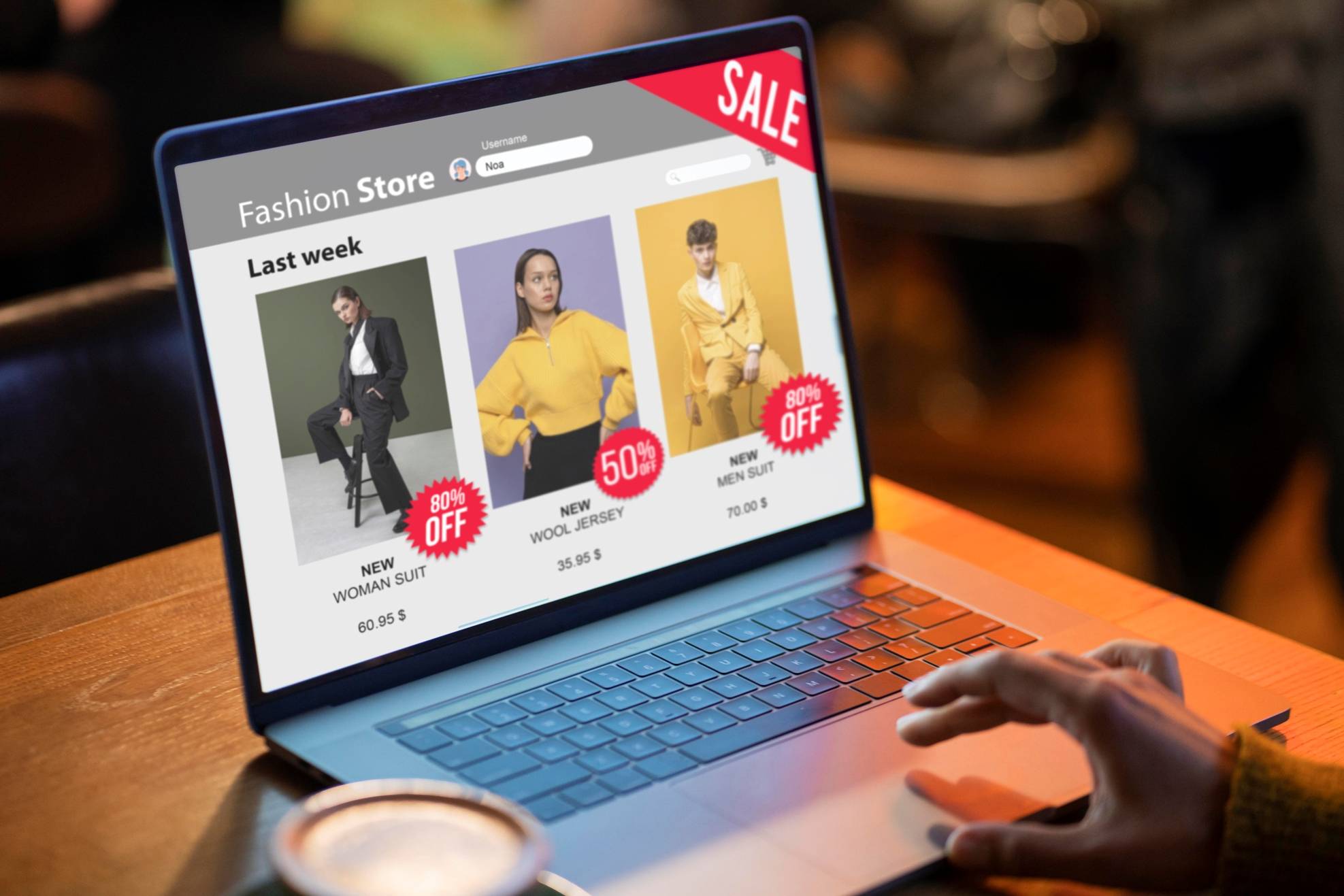Did you know that around 84% of consumers agree that being valued as a person and not as a number is very important to winning a business?
Your customers are a big factor in your e-commerce success. That much is true. However, the need to treat them as human beings and not as mere figures is also true. You need to be attuned to their interests and preferences. You need to connect with them and build a good relationship to boost your sales and advance in the field. This is where personalization in e-commerce marketing comes in.
Benefits of Personalization in E-commerce
Personalization in e-commerce refers to tailoring the shopping experience or the buyer’s journey to individual customers based on their preferences, behaviors, or past interactions with the business. This practice offers numerous benefits to e-commerce brands, including higher conversion rates, better customer satisfaction, a good brand reputation, and more.
Here are a few vital areas where personalization can impact your e-commerce business:
- Increased conversion rates
- Enhanced customer experience
- Higher customer engagement
- Reduced decision fatigue
- Improved customer loyalty
- Higher average order value
- Improved data collection
- Reduced cart abandonment in online stores
- Effective email marketing
- Better inventory management
- Competitive advantage
It’s important to take note of these advantages as you work to make your e-commerce marketing strategies more personalized.
E-commerce Personalization Examples and Tips to Try
1. Create customized content on social media
Social media remains one of the most effective ways to reach your audience, especially when it comes to e-commerce. This is a perfect chance for you to create customized content for your social media audiences.
For example, you can create content specifically targeting one category of your audience. And then next, you can target the next category. This way, you can cater to various preferences and promote your products according to their interests. Creating the right content for your pages, and social media for e-commerce can be a powerful personalization strategy for you and your business.
2. Offer personalized guides
Personalized guides do not only boost your website traffic, but they also let your audience know that you have a wealth of knowledge and information. Most importantly, you will be able to connect with your readers, customers, and prospects alike.
Offer personalized guides related to your market and your audience. For example, if you sell travel wear, accessories, and gear, it might be good to offer personalized travel guides for those visiting a certain place or country. You could also offer guides about specific tourist spots and must-see places, along with outfit and travel gear recommendations. Your audience will appreciate all the information and will even be encouraged to look at and buy more of your products.
3. Have a good after-sales service strategy
After-sales customer service is just as important as pre-sales support. Just because someone bought a product doesn’t mean it’s the end. Send personal follow-ups to your customers. Ask them if they’re satisfied with their order, if they have any specific questions if they encountered any problems, or more. You can also offer them more guides or detailed instructions or directions for the product. This will help you connect more with your customers and guide them further into their buyer’s journey.
According to Khoros, 83% of consumers agree that they feel more loyal to brands that respond to and resolve their complaints. And according to HubSpot Research, 93% of customers are likely to make repeat purchases with companies that offer excellent customer service. This is all the more reason for you to ensure excellent and personalized after-sales customer service for your customers.
4. Allow product customization
Product customization is also one of the most effective e-commerce personalization examples for businesses. By offering customization, you are giving your customers a chance to make products or services more personal and memorable for them.
Product customization also speaks volumes when it comes to a business’s attention to detail and customer service. It also gives you an edge over the competition, letting the audience know that they can have more opinions and freedom over the product they’re purchasing. The more you let your audience know about customization options, the more they’ll be encouraged to get more information and convert.
5. Offer seasonal products
Seasonal products are a great way to engage with your customers, boost sales, and build a good customer experience. This is because specific seasons or holidays allow you to highlight products that are relevant and suitable for the occasion. You have the holiday season, fall, winter, spring, summer, back-to-school season, Halloween, Valentine’s, big sporting events, cultural festivals and holidays, and so much more. There are a lot of possibilities that will help you connect with your audience each season.
Offer tailored products that fit the season, create specific promotions, discount codes, as well as limited-time events that will boost your brand and sales. These seasonal products and promotions will cater to the specific tastes and needs of your audience.
6. Make personalized recommendations
Personalized recommendations to your customers are also good e-commerce personalization examples. Creating a more personalized recommendation for your prospect or customer can ensure the best product and customer experience.
For example, if you sell electronics, gadgets, and other devices, it would be best if you take the time to know your customers before suggesting a product. Learn about what they want and need. Ask them what they need the device for. Are there any specific requirements they need for the device? This process allows you to make a more informed and personalized recommendation, something that suits their tastes best.
Personalized recommendations also work in email marketing. You can send personalized recommendations to your customers based on their most recent purchases. Prospects who engage with just a personalized recommendation result in a 369% increase in average order value (AOV) for the business. Not only will this boost your sales, but it will also help you forge a deeper connection with your customers and offer help when needed.
7. Leverage customer data on e-commerce website
And of course, customer data is also key to e-commerce personalization, especially on your website or web store. By harnessing insights from customers’ purchase history, browsing behavior, and preferences, you can curate tailored product recommendations and content, and enhance the overall shopping journey.
This data-driven approach ensures that customers are greeted with a curated assortment of products, pop-ups, surveys, and more aligned with their unique interests and needs. Embracing customer data does not only empower e-commerce businesses to anticipate customer interests. It also positions businesses at the forefront of customer-centric operations, which, of course, can build brand reputation, increase sales, and boost customer satisfaction and reviews.
Personalization is a crucial part of e-commerce marketing. If you want your business to flourish and win the hearts of audiences in the best way possible, personalization can help you get there.
Need more help with your e-commerce marketing tactics? Talk to Twin Rams experts now and find out how we can help!
References:
https://www.bigcommerce.com/blog/personalized-product-recommendations
https://www.drip.com/blog/e-commerce-personalization
https://adoric.com/blog/ecommerce-personalization-tips/
https://www.shopify.com/enterprise/ecommerce-personalization-examples
https://www.helpscout.com/75-customer-service-facts-quotes-statistics


